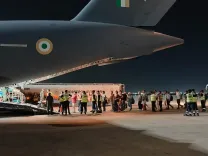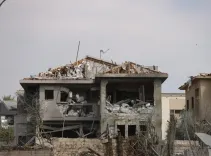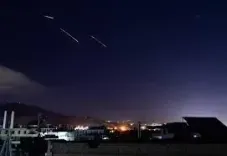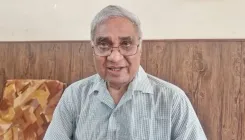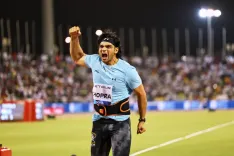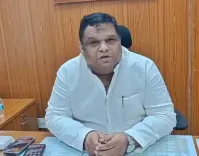What Will Happen During the July 1 Hearing for Sheikh Hasina and Others?
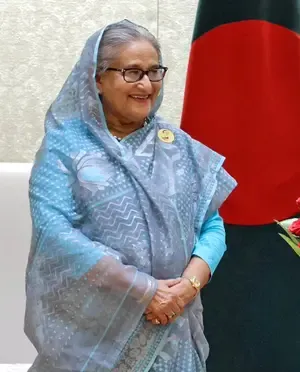
Synopsis
Key Takeaways
- The hearing for Sheikh Hasina and others is set for July 1.
- Charges include serious accusations of crimes against humanity.
- The Awami League has condemned the trial as politically motivated.
- Impartiality and justice in the trial process are under scrutiny.
- Failure to surrender may lead to trial proceedings without the accused.
Dhaka, June 24 (NationPress) The International Crimes Tribunal (ICT) has scheduled July 1 for the hearing of charges against former Prime Minister Sheikh Hasina and two other individuals concerning crimes against humanity.
The other accused individuals in this case are former Home Minister Asaduzzaman Khan Kamal and former Inspector General of Police Chowdhury Abdullah Al-Mamun.
The three-member tribunal, presided over by Chairman Justice Md Golam Mortuza Majumder, issued this order on Tuesday.
During the hearing, former IGP Abdullah Al Mamun was presented before the court.
A report from the Bangladeshi daily, Prothom Alo, indicated that on June 17, the ICT released a notice in two national dailies, instructing former PM Sheikh Hasina and former Home Minister Asaduzzaman Khan Kamal to surrender on Tuesday.
“In accordance with rule 31 of the International Crimes (Tribunal-1) Rules of Procedure 2010 (Amendment), 2025, they are hereby directed to present themselves at this tribunal on June 24, 2025. Failing this, the trial will proceed in their absence in accordance with section 10A of the International Crimes (Tribunals) Act, 1973,” the notice stated.
The formal charges against the three prominent figures, which include accusations of murder, attempted murder, torture, and the use of lethal weapons, were formally framed on June 1.
The court acknowledged the formal charge submitted by the prosecution and issued arrest warrants for Sheikh Hasina and former Home Minister Asaduzzaman Khan Kamal.
On that day, Al Mamun was apprehended in connection with the case.
The Awami League has denounced the initiation of trial proceedings against its party leader and former Prime Minister Sheikh Hasina by the ICT, labeling it a “show trial” orchestrated under the “unelected and undemocratic” regime of Muhammad Yunus.
They also refuted the charges against the former PM, raising doubts about the impartiality of the ongoing trial, especially since several officials from the current administration have already publicly declared Sheikh Hasina guilty.

